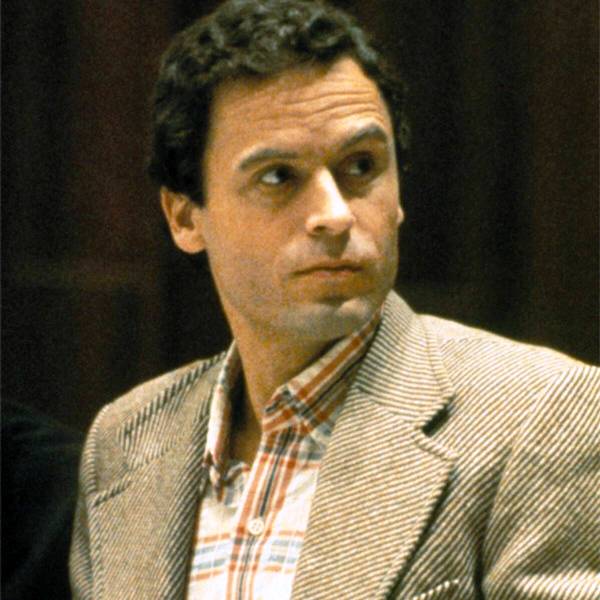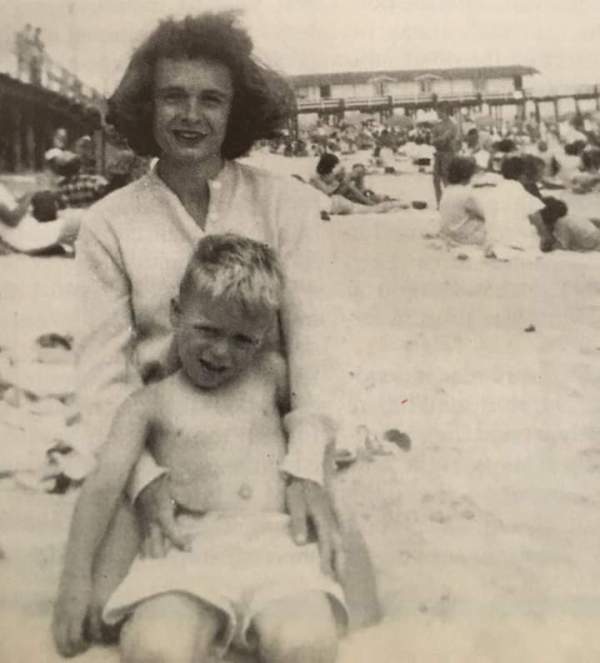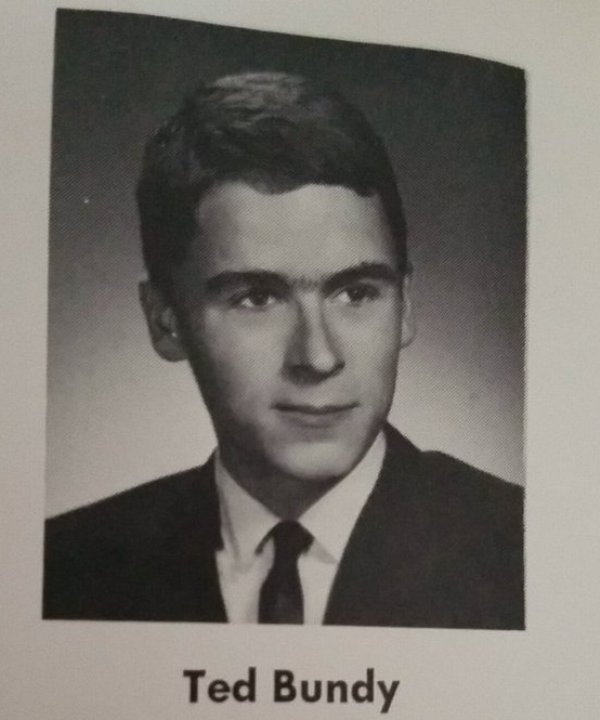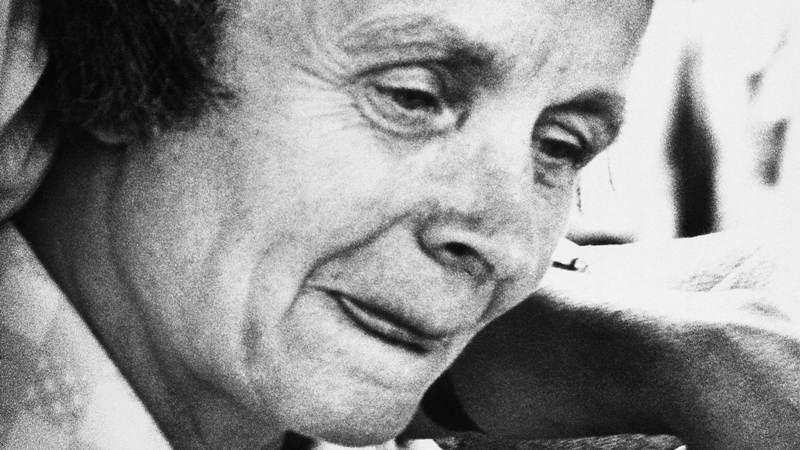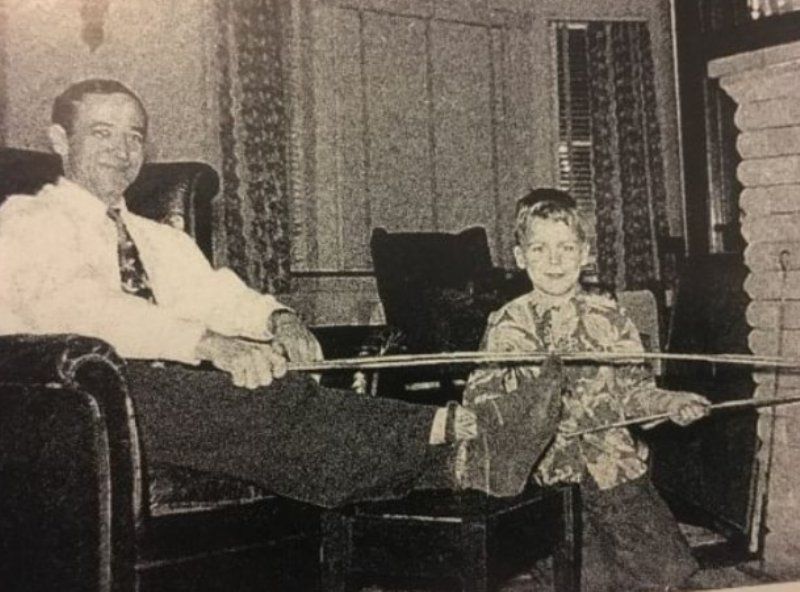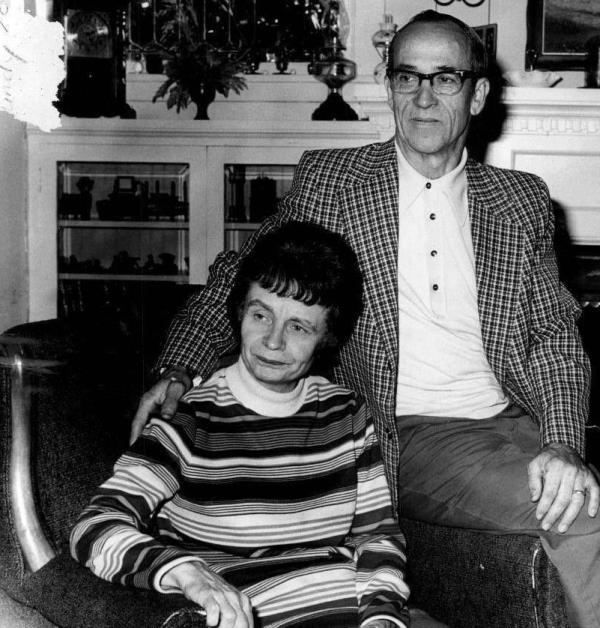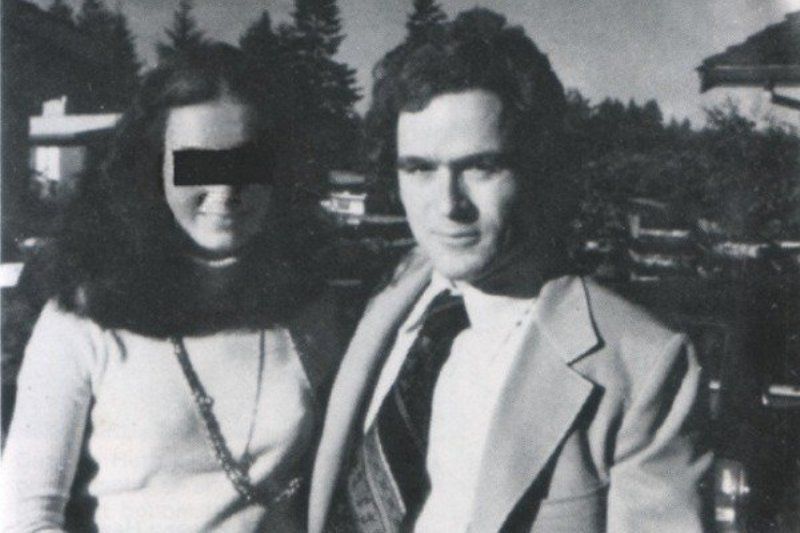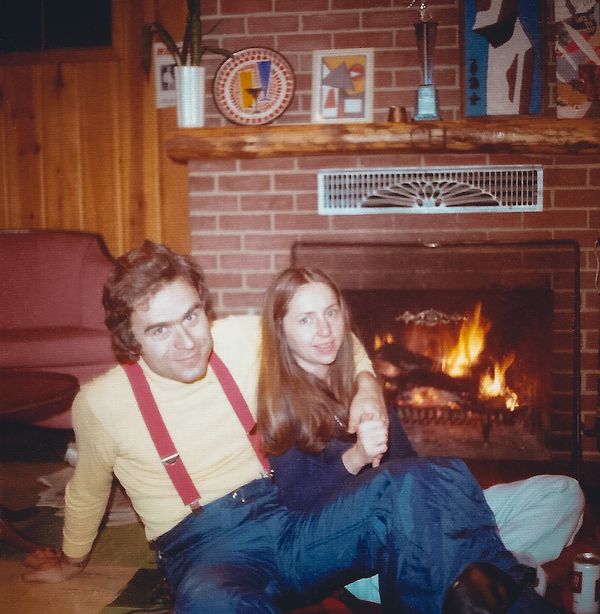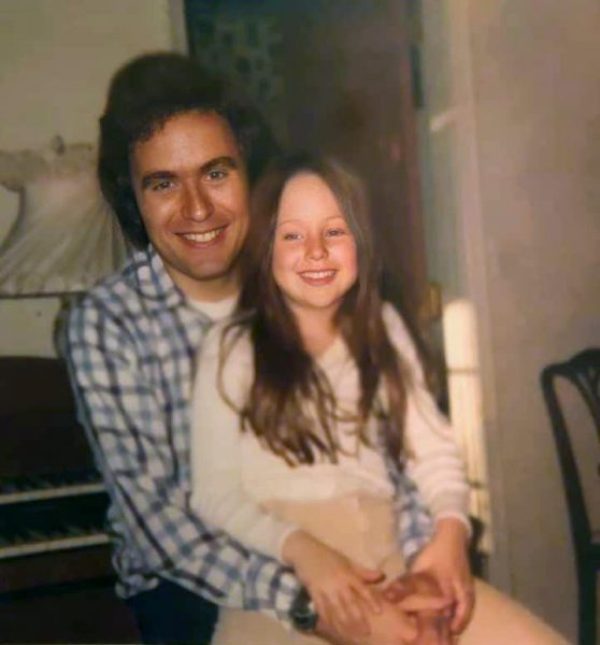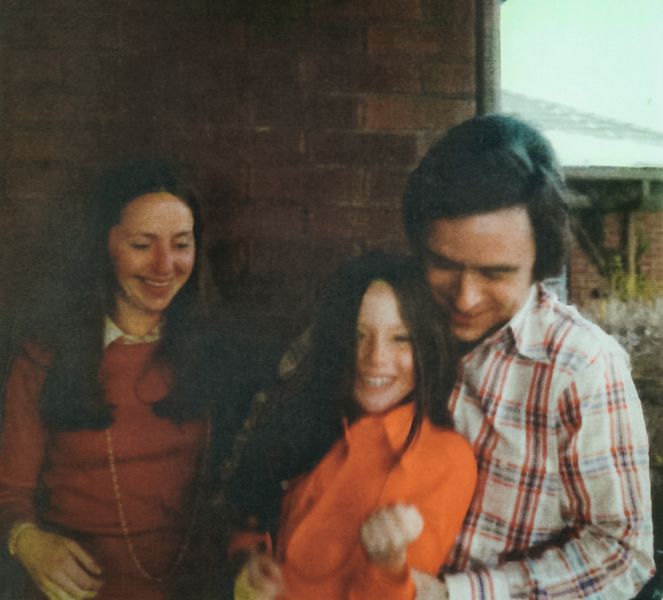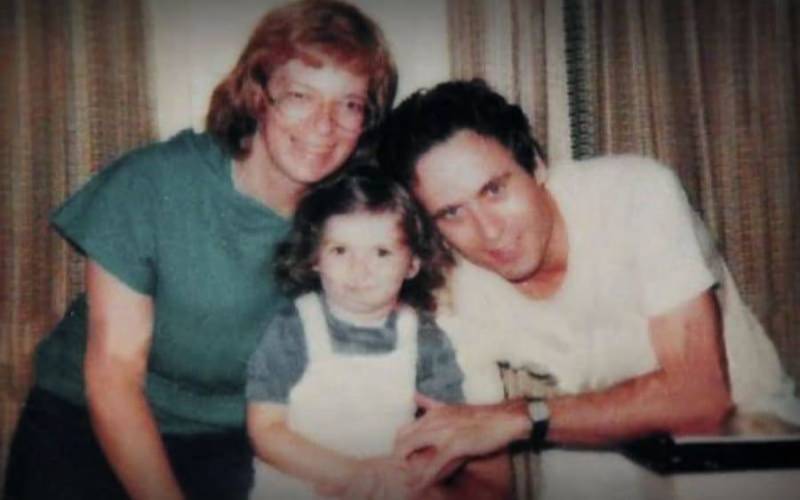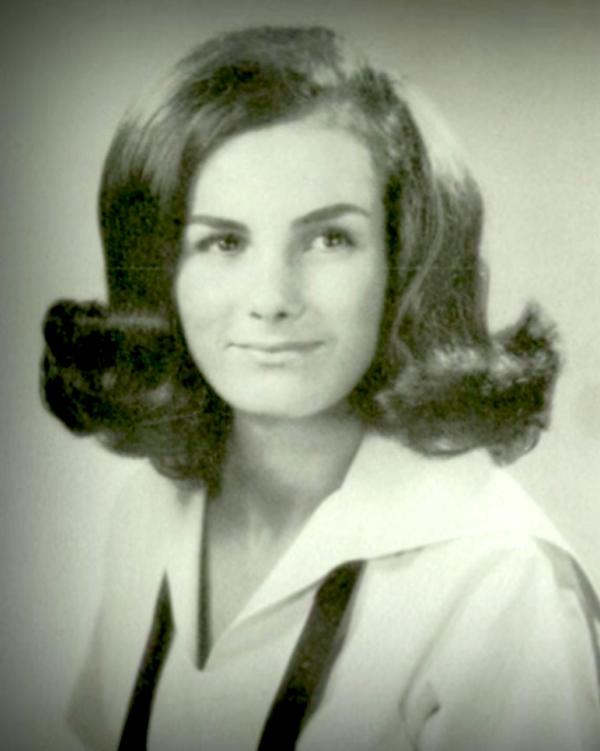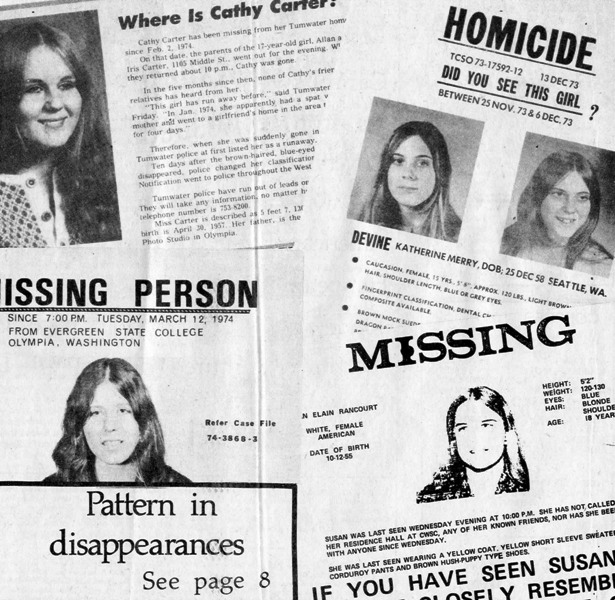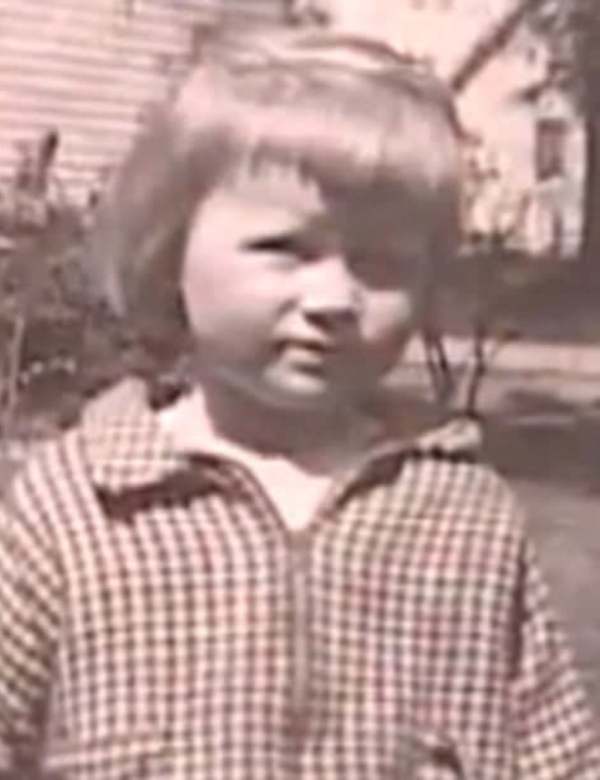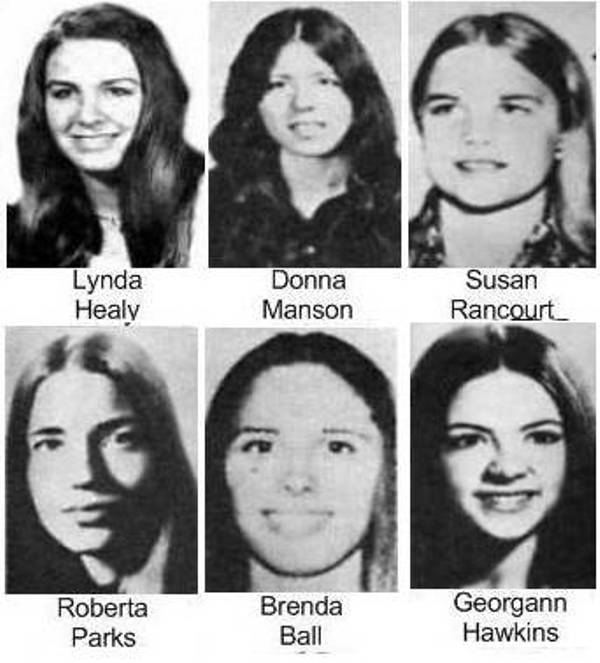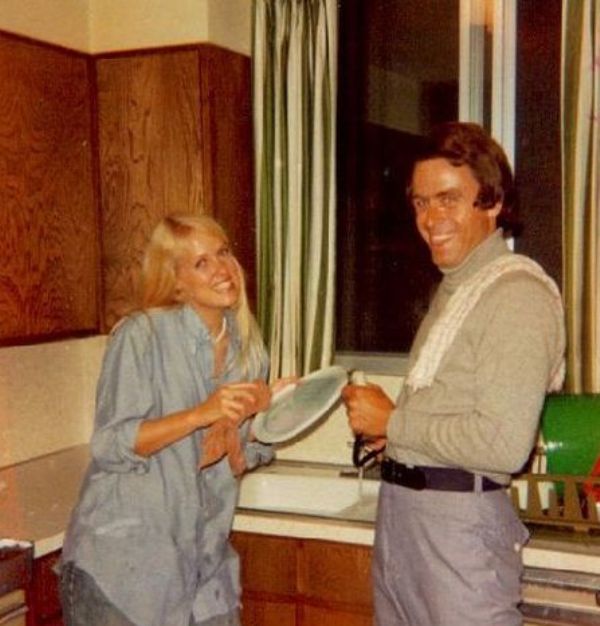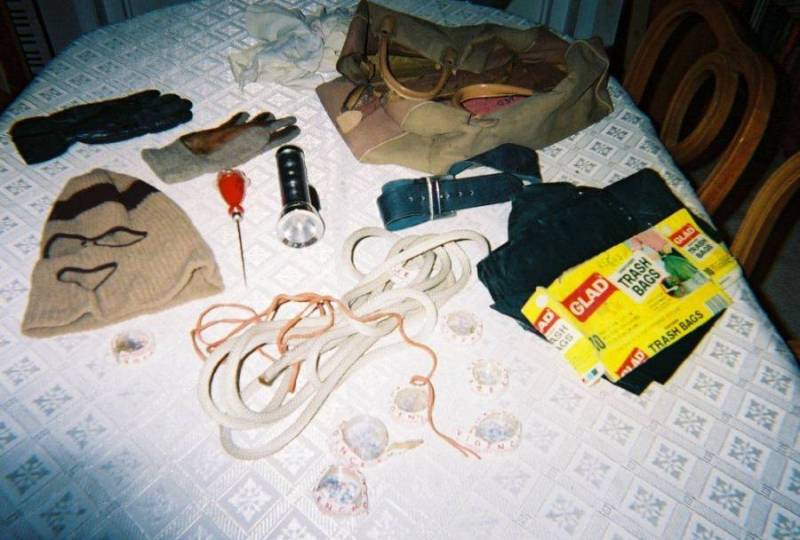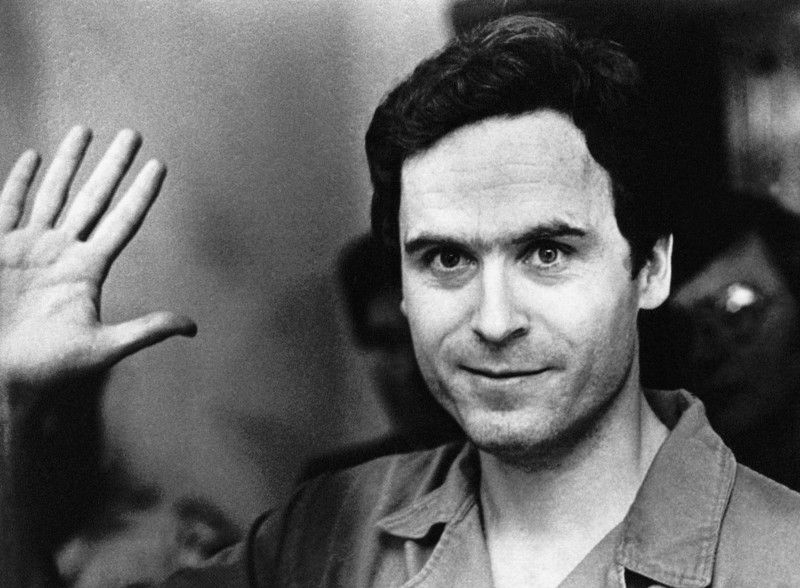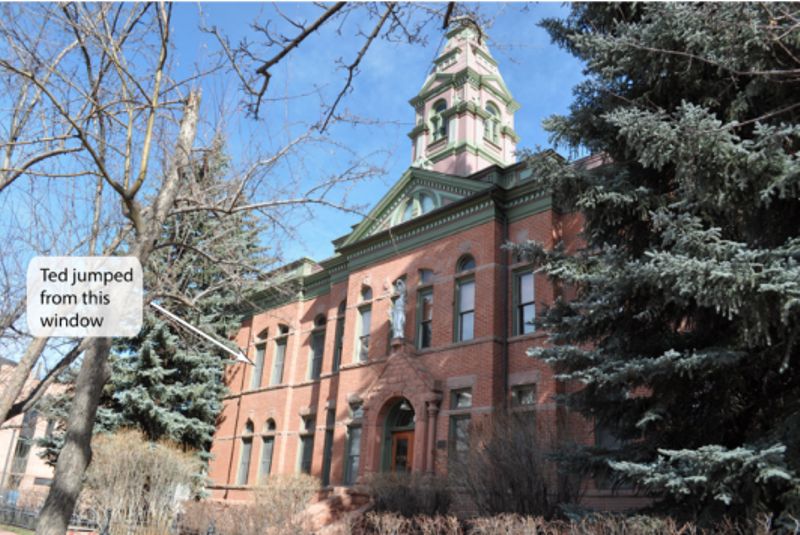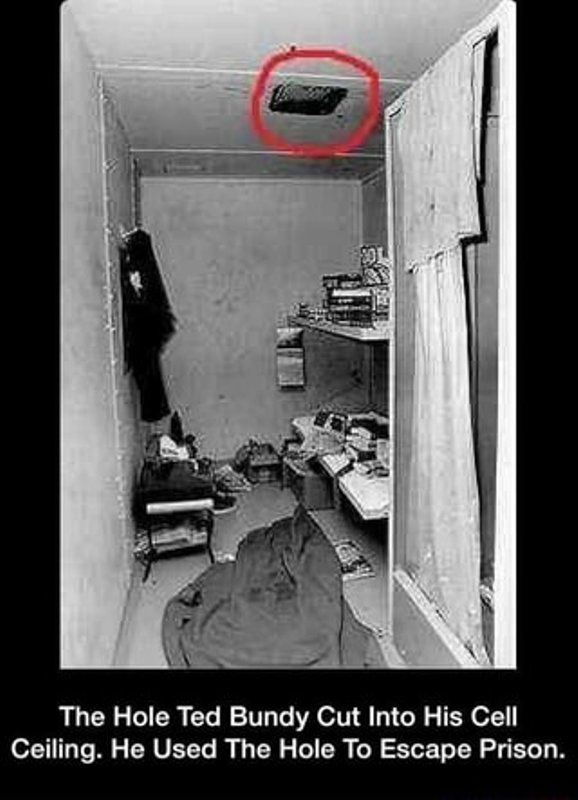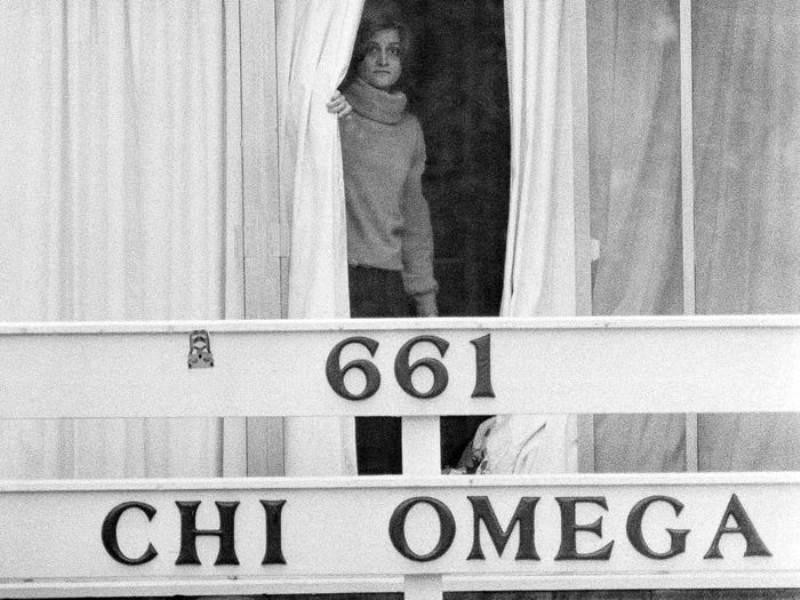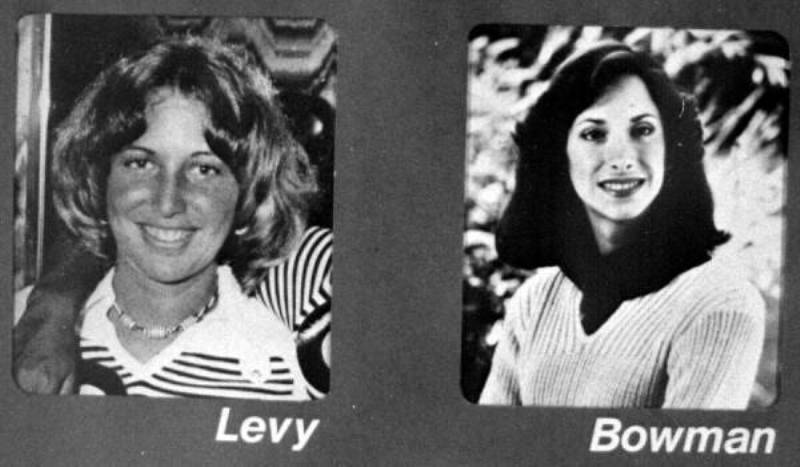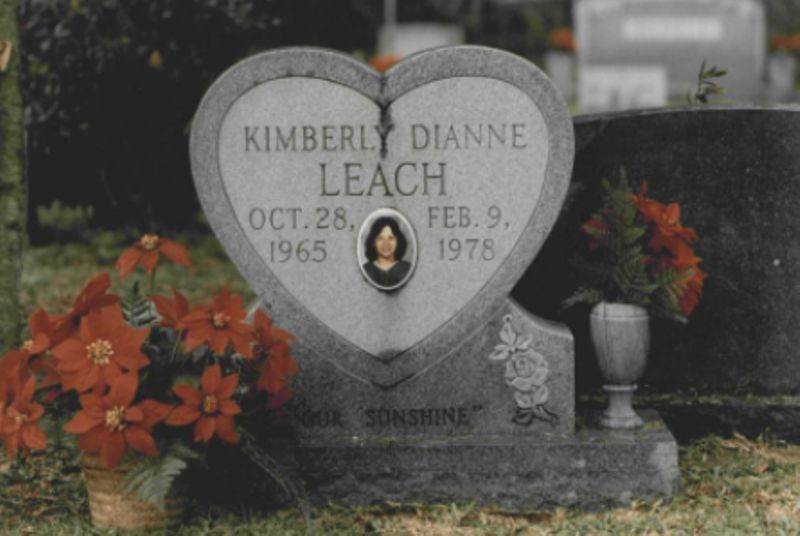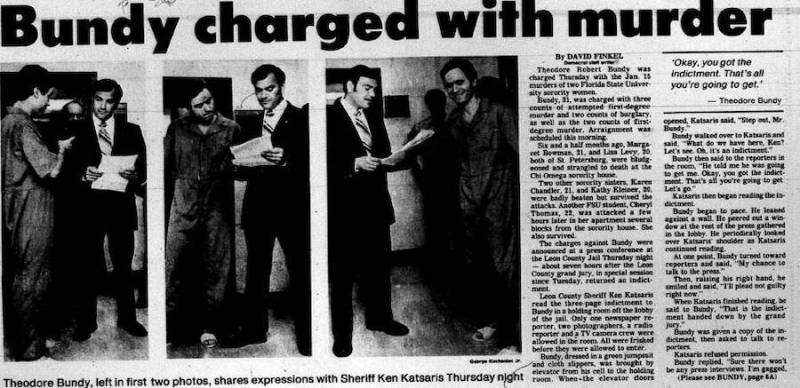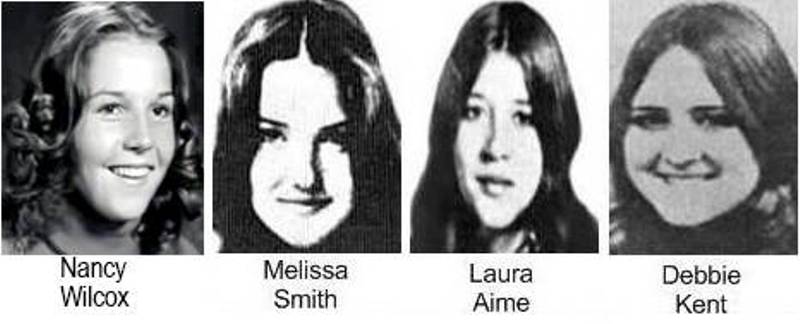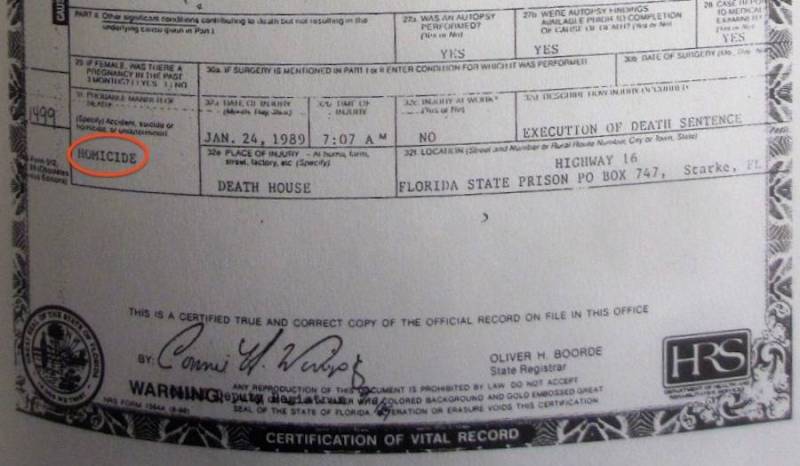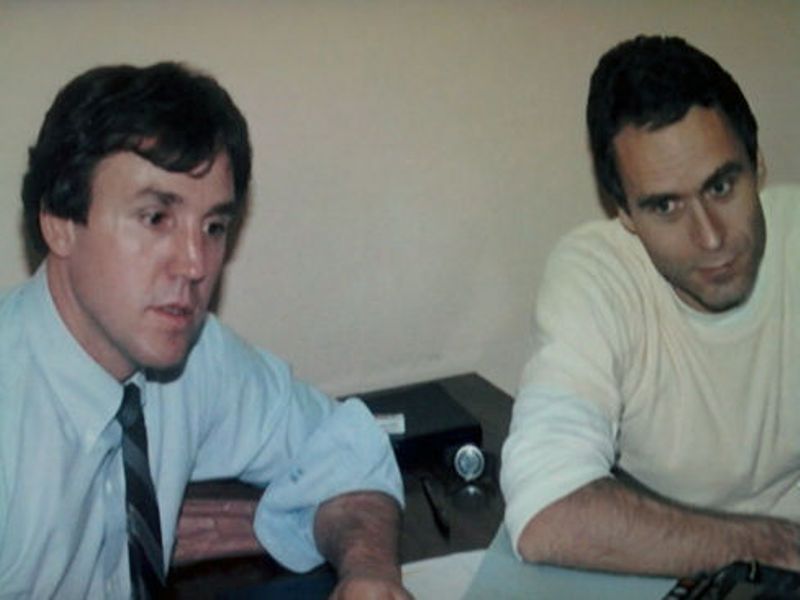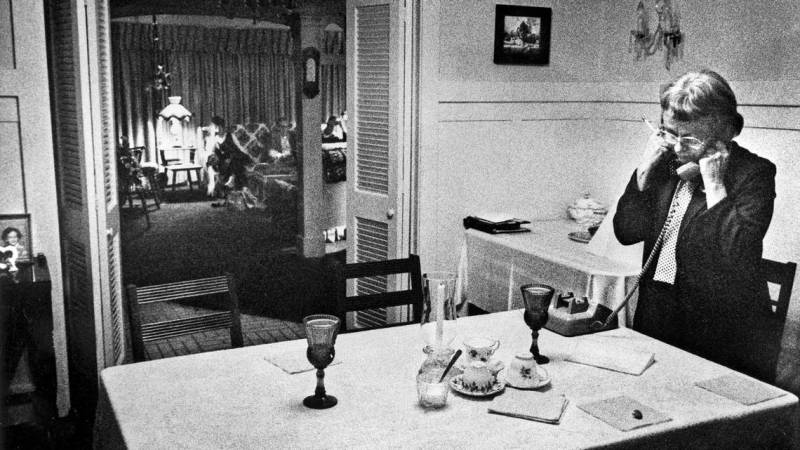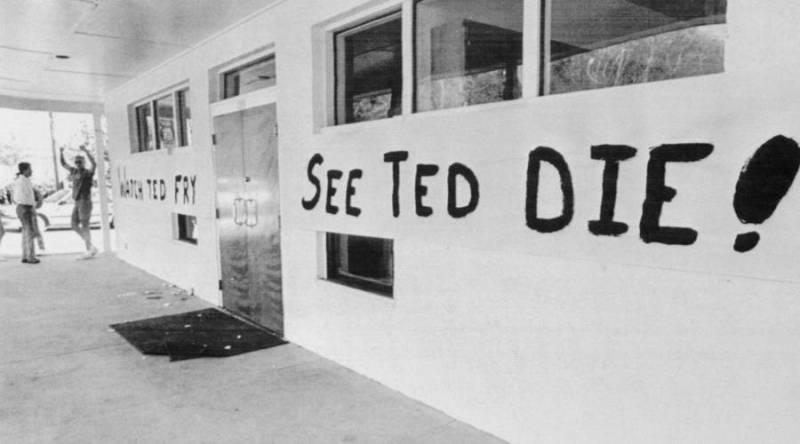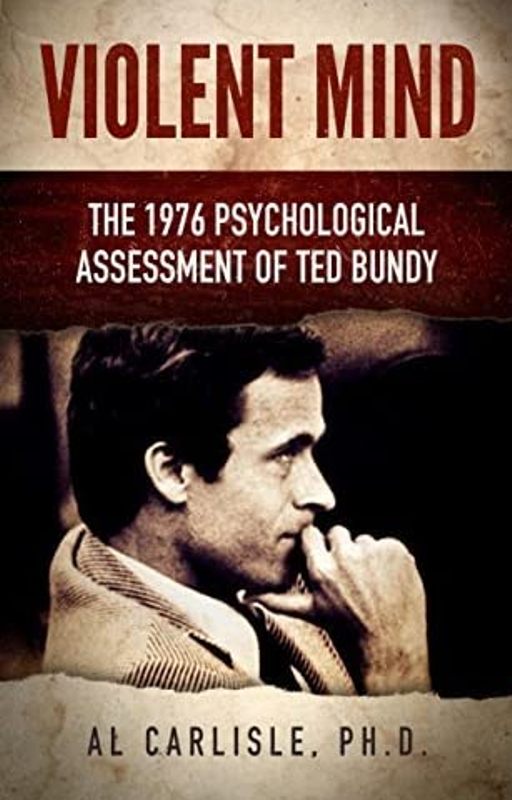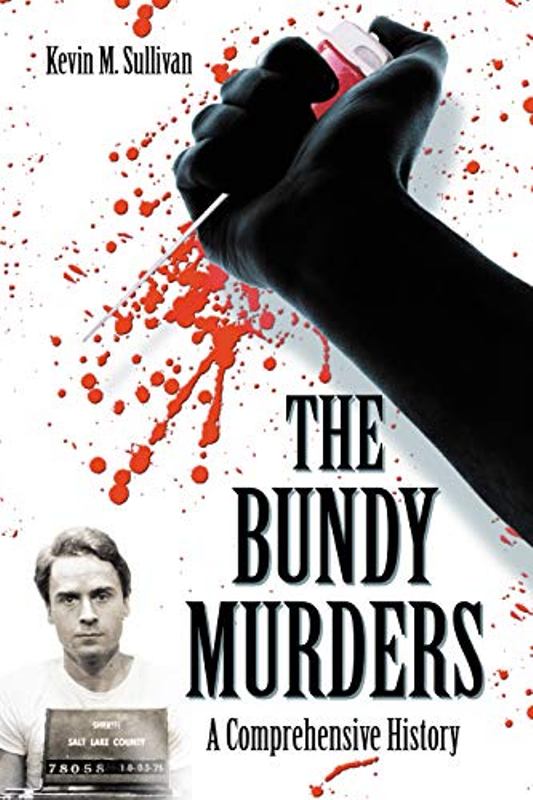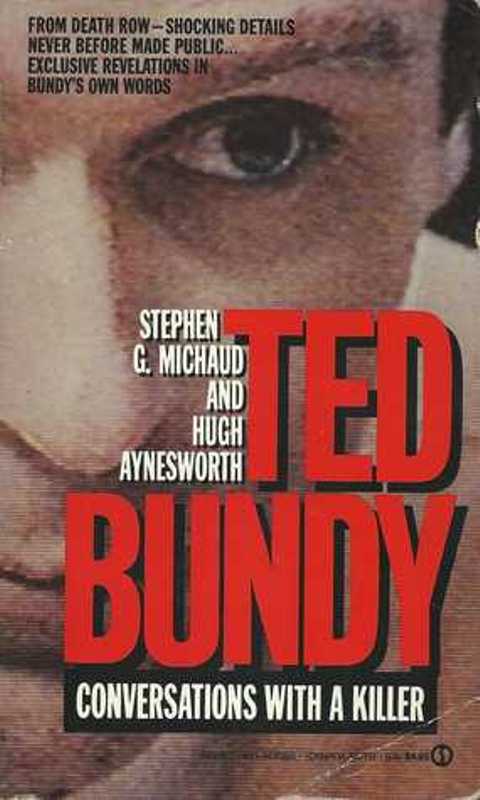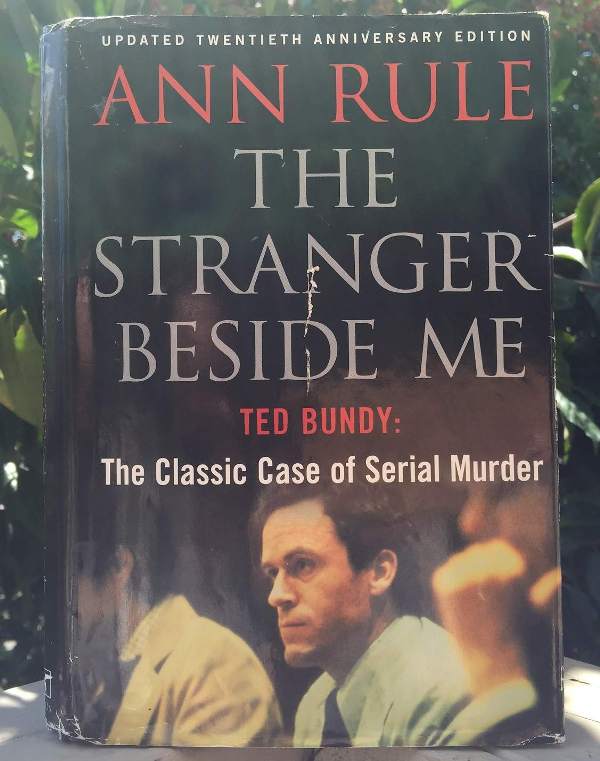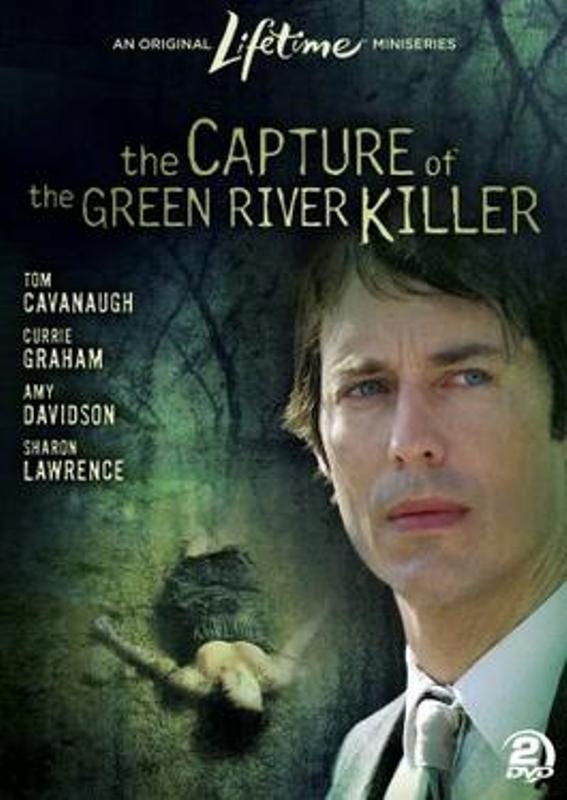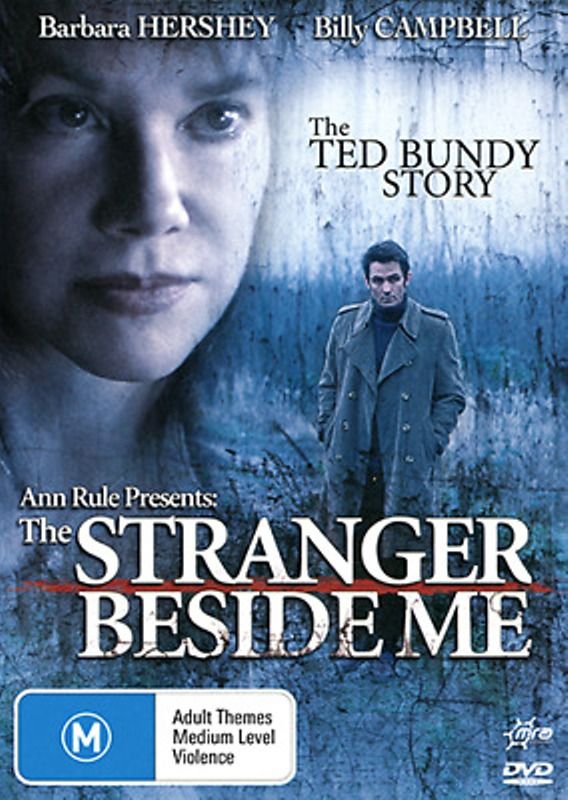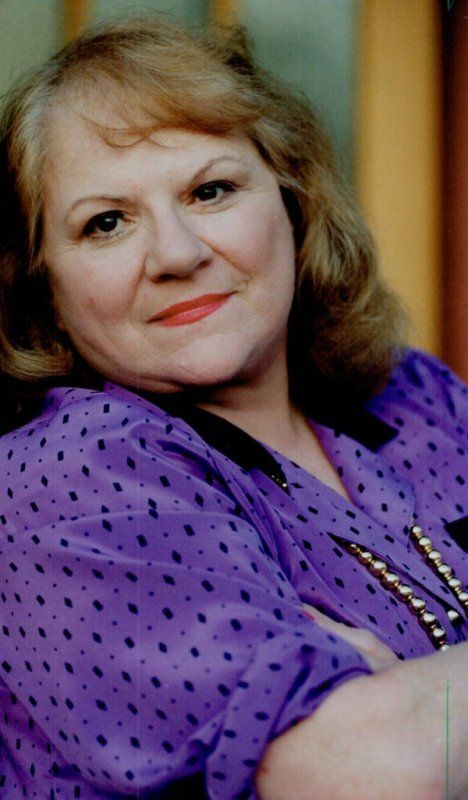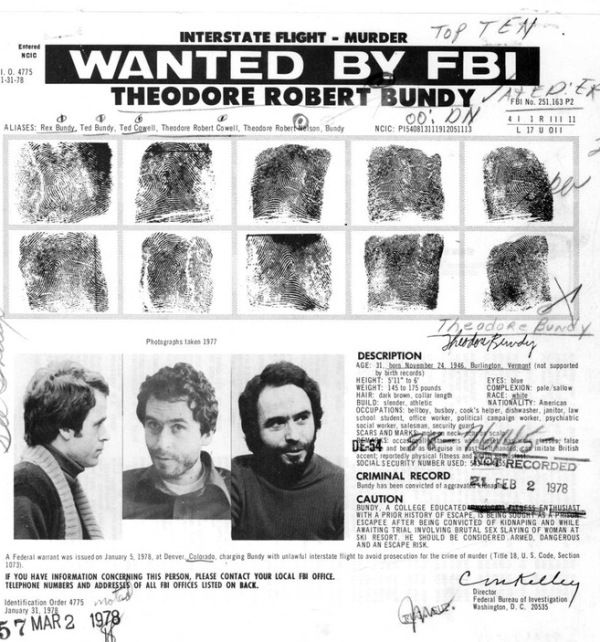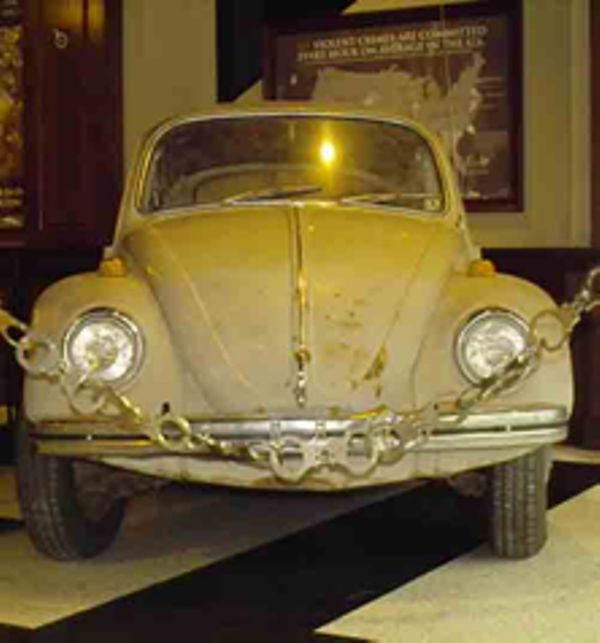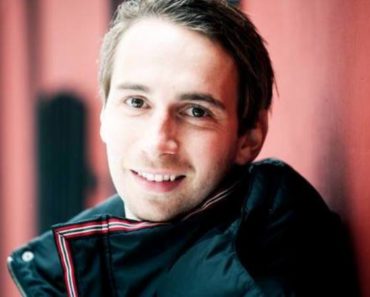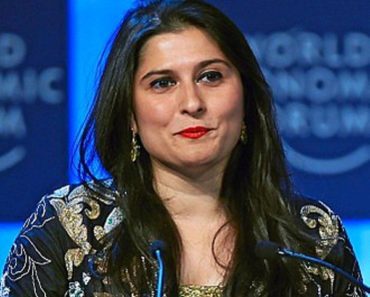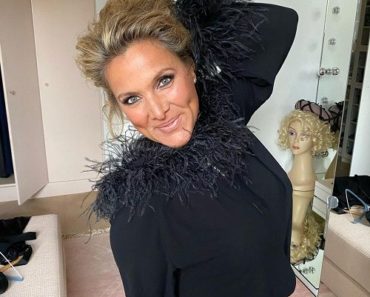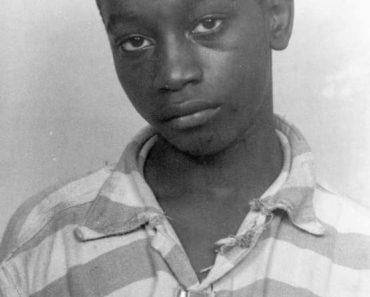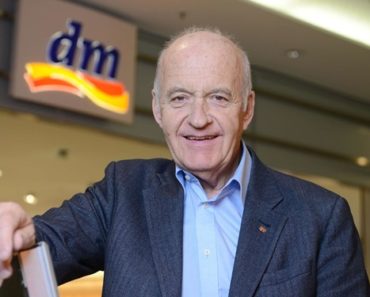Ted Bundy was an American serial killer who was considered by the FBI as “society’s most infamous and notorious serial killer.” Ted Bundy was the mastermind behind the countless abductions, rapes, and murders of young girls and women during the 1970s and 1980s. He exploited his sharp physique and charismatic persona to lure young girls and women. After multiple trials and escapes, Bundy was finally sentenced to death, and he was executed on January 24, 1989. Before his execution, Bundy had confessed to 30 homicides that spanned across seven states.
I’m not an animal and I’m not crazy… I’m just a normal individual.” – Ted Bundy
Contents
Wiki/Biography
Ted Bundy was born as Theodore Robert Cowell on Sunday, November 24, 1946 (age 42 years; at the time of death) at the Elizabeth Lund Home for Unwed Mothers in Burlington, Vermont, United States. [1]INSIDER Bundy spent the first three years of his life at his maternal grandparents’ home in Philadelphia. He was raised by his maternal grandparents, Samuel (1898–1983) and Eleanor Cowell (1895–1971), who pretended themselves as Bundy’s parents to avoid the social stigma attached to Bundy that he was born outside of wedlock. While growing up, Bundy thought that his mother was his older sister, and he apparently couldn’t figure out who his real mother was until later in life. [2]INSIDER
When Bundy was four, his mother took him 3,000 miles away from Philadelphia to Tacoma, Washington to live with cousins Alan and Jane Scott. During their stay in Tacoma, in 1951, Ted’s mother met Johnny Culpepper Bundy (1921–2007) who was a hospital cook at an adult singles night at Tacoma’s First Methodist Church, and they both fell in love with each other and later got married on May 19, 1951. [3]Facebook After their marriage, Johny Bundy formally adopted Ted as his son. Ted’s mother went on to have four children with Johny Bundy. While in Tacoma, Ted attended Woodrow Wilson High School from where he graduated in 1965. [4]The Stranger Beside Me by Ann Rule
Ted Bundy attended the University of Puget Sound (UPS) for one year, and later, he attended the University of Washington (UW) to study Chinese; however, he dropped out mid-way. [5]The Stranger Beside Me by Ann Rule He also attended Temple University in Philadelphia for one semester. [6]The Stranger Beside Me by Ann Rule In mid-1970, Ted re-enrolled at the University of Washington (UW) where he graduated with a psychology major in 1972. Thereafter, he joined the re-election campaign of Governor Daniel J. Evans, and later, he worked as an assistant to Ross Davis, Chairman of the Washington State Republican Party, where he was paid a monthly salary of $100. On the letters of recommendation from Evans, Davis, and several UW psychology professors, Ted was accepted into the law schools of UPS and the University of Utah in 1973, though he had mediocre LSAT scores. [7]The Only Living Witness: The True Story of Serial Sex Killer Ted Bundy By Stephen G. Michaud, Hugh Aynesworth He matriculated at UPS Law School in 1973. At one point in time, Ted Bundy described himself as –
The most cold-hearted son of a bitch you’ll ever meet.”
Family & Ethnicity
Ted Bundy belonged to a Christian family who attended Tacoma’s First United Methodist Church. [8]USA TODAY
Parents & Siblings
Ted Bundy was born to Eleanor Louise Cowell (1924–2012; better known as Louise). Although a salesman and Air Force veteran named Lloyd Marshall is considered to be the father of Ted Bundy, the identity of his father could never be confirmed. [9]The Stranger Beside Me by Ann Rule Some sources claim that it was Louise’s own violent and abusive father, Samuel Cowell, who had fathered Ted. [10]The Only Living Witness: The True Story of Serial Sex Killer Ted Bundy By Stephen G. Michaud, Hugh Aynesworth His mother, Louise, worked as a secretary at the University of Puget Sound. [11]USA TODAY
Ted Bundy was raised by his maternal grandparents, Samuel (1898–1983) and Eleanor Cowell (1895–1971), in Philadelphia. Bundy had developed a great bond with his maternal grandfather, Samuel Cowell; however, later, in an interview, Ted described his grandfather as a tyrannical bully and a bigot. In the same interview, he described his grandmother, Eleanor Cowell, as a timid and obedient woman who was suffering from depression. [12]The Only Living Witness: The True Story of Serial Sex Killer Ted Bundy By Stephen G. Michaud, Hugh Aynesworth Johny Bundy was the step-father of Ted, and Ted had four step-siblings. [13]USA TODAY
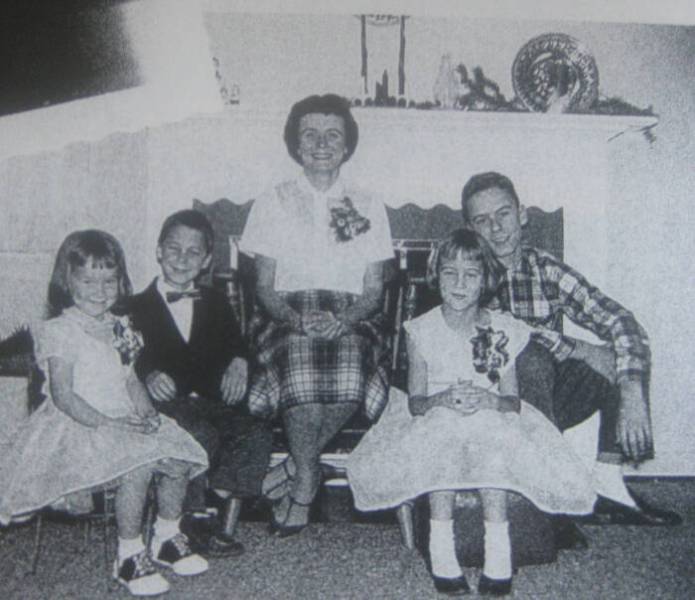
Ted Bundy (2nd from left) sits with his mother and his three step-siblings in their family home in Tacoma
Relationships, Wife & Children
In 1967, while attending the University of Washington (UW), Ted became romantically involved with a classmate who is most commonly identified by the name “Stephanie Brooks.” Although some reports claim that her real name is Diana Edwards, it has never been confirmed. [14]Serial killers by Time-Life Books Later, in 1968, Brooks ended their relationship and returned to her home in California where she described Ted as immature and unmotivated. [15]Defending the Devil: My Story as Ted Bundy’s Last Lawyer by Polly Nelson
Rejected by Brooks, Ted traveled to many places, including Colorado, Arkansas, and Philadelphia. By the fall of 1969, he returned to Washington where he met a divorcee from Ogden (Utah), Elizabeth Kloepfer (also identified as Liz Kendall, Meg Anders, and Beth Archer), who worked as a secretary at the University of Washington School of Medicine. He met Kloepfer at the Sandpiper Tavern of the university district where Ted used to pay frequent visits to have his drinks.
In the first meeting, Ted asked Kloepfer if he could buy her a beer, and they went on to court each other. Ted also became the surrogate father to Meg’s young daughter, Molly aka Liane. [16]iHorror
In the second half of 1974, while working at the Department of Emergency Services (DES), he met and courted Carole Ann Boone, a twice-divorced mother of two. Ted got married to Carole Ann Boone in a bizarre courtroom episode in Orlando on February 9, 1980. [17]The Deseret News Later, Bundy went on to have a daughter with Boone, Rose Bundy aka Rosa Bundy. Bundy and Boone divorced each other in 1986. [18]INSIDER
Reportedly, Diana Weiner, a young Florida attorney, was the last love interest of Ted Bundy. [19]Defending the Devil: My Story as Ted Bundy’s Last Lawyer by Polly Nelson
A Vengeance
A theory suggests that Ted Bundy was so devastated by the rejection of his girlfriend Stephanie Brooks that he chose most of his victims who had a close appearance to Brooks. After Brook’s rejection in 1968, Ted again approached her in the summer of 1973, and their relationship was rekindled. After Ted matriculated at UPS Law School in 1973, he continued courting Brooks, and they also planned marriage, even at one pint in time, Ted introduced Brooks to Ross Davis (Chairman of the Washington State Republican Party) as his fiancee. [20]The Stranger Beside Me by Ann Rule In January 1974, Ted abruptly broke off all contacts with Brooks, and he ignored several phone calls and letters by Brooks; eventually, he picked her phone a month later, and when Brooks asked the reason behind his cold behavior, he replied calmly and said,
Stephanie, I have no idea what you mean.”
After this phone call, Stephanie never heard from Ted again. Later, Ted accepted that the entire courtship with Brooks had deliberately been planned by him as vengeance for the breakup initiated by Brooks in 1968. While explaining his abrupt break-up with Stephanie Brooks, he said,
I just wanted to prove to myself that I could have married her.”
Surprisingly, all of Ted Bundy’s victims have a similar appearance to Brooks; all white females aged 15-25 having long, straight dark brown hair with a parting down the center. [21]History Collection According to Ann Rule, who wrote a biography on Ted Bundy, Ted’s breakup with Stephanie was the catalyst for everything that followed in his life.
A Series of Kidnappings and Murders
At the start of 1974, Ted had started skipping his law classes, and by April 1974, he had completely stopped attending his classes. At the same time, the reports of young girls and women being disappear had started coming. These sudden disappearances led police and investigating agencies to become vigilant to look for the missing girls.
There is no specific information that when Ted began his spree of kidnappings and murders. According to Ted, it was in 1969 in Ocean City, New Jersey that he attempted his first kidnapping; however, later he told psychologist Art Norman that he had killed two women in 1969 in Atlantic City. Ted also hinted about a murder in Seattle in 1972, and another murder of a hitchhiker near Tumwater in 1973. According to Ann Rule, who wrote a biography on Ted Bundy, his first abduction and killing was in 1961 when Ted was 14-year-old and killed eight-year-old Ann Marie Burr of Tacoma.
The earliest documented homicides by Ted Bundy were committed in 1974 when Ted was 27 years old. Later, he abducted and murdered five female college students in the Pacific Northwest: Donna Gail Manson, Susan Elaine Rancourt, Roberta Kathleen Parks, Brenda Carol Ball, and Georgann Hawkins.
Ted went on to abduct and murder several young girls and women. Although he confessed about 30 killings, the actual number is unknown.
Modus Operandi
Ted Bundy was blessed with a sharp physique and charismatic personality. He exploited these attributes to lure his victims. Ted used to project himself as someone from an elite background. He used to remain well dressed and drive a brown color Volkswagen Beetle car in which most of his crimes culminated. All his victims were white young girls and women. He used to approach them with a smiling face and sometimes he would ask them to do a favor, like to assist him in some chores. [22]TIME
Ted was so meticulous and intelligent while committing crimes that he left minimal evidence at the place of crime. Ted was, in fact, enjoying his crimes. According to Ted Bundy –
Murder is not about lust and it’s not about violence. It’s about possession. When you feel the last breath of life coming out of the woman, you look into her eyes. At that point, it’s being God.”
Arrests & Trials
The first arrest of Ted Bundy took place on August 16, 1975, when Utah Highway Patrol officer Bob Hayward arrested him in Granger. The police found some unsophisticated things from his Volkswagen Beetle, such as a crowbar, a ski mask, trash bags, handcuffs, and other doubtful items.
Later, due to the lack of sufficient evidence, he was released. In February 1976, after the police gathered sufficient evidence against Ted, he was trialed for the DaRonch kidnapping, and in June 1976, he was sentenced to one-to-15 years in the Utah State Prison. While appearing for his trial, on the advice of his attorney John O’Connell, Ted waived his right hand to a jury, which was highly publicized in media.
In October 1976, he was charged with Caryn Campbell’s murder by Colorado authorities, and in January 1977, he was transferred to Aspen.
On The Run
In June 1977, he was transferred to Aspen for a preliminary hearing where he decided to serve as his own attorney, and hence, the judge excused him from wearing handcuffs or leg shackles. During the hearing at Pitkin County Courthouse, he asked permission to get access to the courthouse’s law library, so that he could do research about his case. Ted escaped from the library by jumping from a window on the second floor.
Later, he hiked southward onto Aspen Mountain where he stole food, clothing, and a rifle from a hunting cabin. After leaving the hunting cabin the next day, he was lost in the forest where he wandered for two days. Later, he walked back to Aspen where he stole a car and drove back into Aspen where he was caught by two police officers and was put in jail in Glenwood Springs. While in jail, Ted planned another escape, and with the help of a hacksaw blade, he bored a hole about one square foot on the ceiling of his jail cabin. To wriggle through the hole, Ted had lost almost 35 pounds (16 kg) of his weight.
On the night of December 30, Ted broke through the ceiling and landed into the chief jailer’s apartment where he changed his clothes from the jailer’s closet and walked away free. Ted stole a car and headed eastward out of Glenwood Springs but in mid-way, the car broke down, and he hopped on a bus to Denver where he took a morning flight to Chicago. From Chicago, he reached Ann Arbor, Michigan by train. After staying for five days in Ann Arbor, he stole a car and headed to Atlanta where he took a bus for Tallahassee, Florida. [23]The Stranger Beside Me by Ann Rule
Triple Murder in Florida
On the morning of January 8, 1978, Ted Bundy arrived in Tallahassee, Florida where he resolved to stay away from criminal activities and do a legitimate job. Ted lived in Florida under the alias Chris Hagen. However, he couldn’t keep himself away from his criminal activities for long and within a week of his arrival in Tallahassee, Florida, he committed a triple murder at FSU’s (Florida State University) Chi Omega sorority house where he attacked four young women in their early twenties; killing two of them.
In the attacks, Margaret Bowman (21) and Lisa Levy (20) were killed while Kathy Kleiner and Karen Chandler survived with serious injuries. [24]The Stranger Beside Me by Ann Rule
On February 9, 1978, Ted killed 12-year-old Kimberly Dianne, a student of Lake City Junior High School. The partially mummified remains of Kimberly Dianne were found near Suwannee River State Park, and the investigations revealed that she had been raped before being killed. [25]The History of the Florida Highway Patrol
Florida Trials
On February 15, 1978, Pensacola police officer David Lee stopped Ted Bundy who was driving a stolen car near the Alabama state line. Bundy tried to flee after kicking the police officer with his leg; however, after a long chase, Bundy was finally arrested. While David Lee was transporting Ted to jail, on the way, he heard Bundy say –
I wish you had killed me.”
In June 1979, when a trial against Ted Bundy was initiated in Miami for the Chi Omega homicides and assaults, more than 250 reporters from five continents covered it, and it became the first trial in the United States to be televised nationally [26]The Only Living Witness: The True Story of Serial Sex Killer Ted Bundy By Stephen G. Michaud, Hugh Aynesworth This time again, Bundy handled much of his own defense.

It was during this time that Bundy had proposed to his star witness Carol Ann Boone in the courthouse interview.
Many witnesses came forward to testify against Ted Bundy in Chi Omega sorority murders. His teeth bites also played a crucial role in the trial.
On February 10, 1980, after a lengthy trial, Ted Bundy was sentenced to death by electrocution for the third time. Reportedly, when the death sentence was announced, he shouted –
Tell the jury they were wrong!” [27]Serial killers by Time-Life Books
During the trials, Ted’s family stood behind him. While speaking to The News Tribune in 1980, Ted’s mother, Eleanor Louise Cowell, told,
Ted Bundy does not go around killing women and little children. And I know this, too, that our never-ending faith in Ted — our faith that he is innocent — has never wavered. And it never will.” [28]The News Tribune
Confessions & Death
By the end of 1981, Ted Bundy had started revealing details of his crimes and thought processes through several interviews and interactions. In one such interaction with his ex-girlfriend, Elizabeth Kloepfer, he described himself as a thief and said,
The big payoff for me was actually possessing whatever it was I had stolen. I really enjoyed having something … that I had wanted and gone out and taken.”
In April 1986, Bundy confessed to Hagmaier and Nelson (investigating officers) about his crimes and gave them details of what he did with the dead bodies of some of his victims. Ted told them that he would often visit the places where he had kept the dead bodies of his victims and perform sexual acts with the dead bodies. In some cases, he would spend the entire night with the dead bodies. Ted also told them that in Utah, he applied makeup to the lifeless face of Melissa Smith and washed the hair of Laura Aime.
While giving these details, Ted told them,
If you’ve got time, they can be anything you want them to be.” [29]The Only Living Witness: The True Story of Serial Sex Killer Ted Bundy By Stephen G. Michaud, Hugh Aynesworth
During his confessions, Ted revealed that he had decapitated almost twelve of his victims with a hacksaw, and he kept almost four heads in his apartment for a period of time. Ted Bundy’s death schedule was deferred multiple times. After several stays, in December 1988, the Supreme Court announced a firm execution date of January 24, 1989.
On January 23, 1989, on the eve of his execution, Ted Bundy gave his final interview to investigators. William Hagmaier, a Special Agent of the FBI Behavioral Analysis Unit, who was present during Ted Bundy’s final interview, revealed that during the interview, Bundy talked of suicide, Hagmaier said,
He did not want to give the state the satisfaction of watching him die.”
On January 24, 1989, Ted Bundy was electrocuted in the Raiford electric chair at 7:16 am. Later, Bundy was cremated in Gainesville. [30]Orlando Sentinel Minutes before Ted’s execution, his mother talked to him on the phone and said,
You will always be my precious son.”
Ted Bundy’s death was celebrated by FSU’s Chi Phi fraternity, which erected a large banner that read –
Watch Ted Fry, See Ted Die!”
In Popular Media
Ted Bundy and his dreaded crimes have been extensively featured in various media platforms, including, books, television, and films.
Books
- 2012: The Only Living Witness: The True Story of Serial Sex Killer Ted Bundy by Michaud, Stephen G., and Hugh Aynesworth
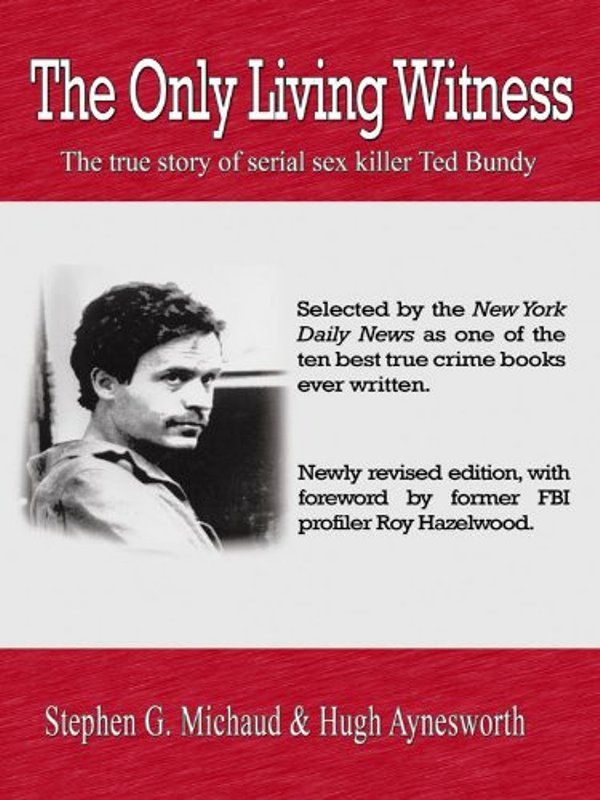
Television
On January 8, 2017, a television series titled “Ted Bundy: Devil In Disguise” was premiered in the United States.
Following our World's Most Evil Killers: Jefferey Dahmer premiere, tune-in to Ted Bundy: Devil In Disguise at 9 ET/PT to hear the story that gripped the nation in the 1970s and gave birth to the term “serial killer.”
ReelzChannel ಅವರಿಂದ ಈ ದಿನದಂದು ಪೋಸ್ಟ್ ಮಾಡಲಾಗಿದೆ ಸೋಮವಾರ, ಜನವರಿ 8, 2018
In the same year, a crime documentary titled “Ted Bundy: An American Monster” was premiered on September 9. Another crime documentary based on Ted Bundy’s life titled “Ted Bundy: What Happened” was premiered on November 4, 2017. In 2019, the Netflix documentary “Conversations with a Killer: The Ted Bundy Tapes” was also based on Ted Bundy’s life. This American documentary series was premiered on the 30th anniversary of Bundy’s execution on January 24, 2019, on Netflix.
The Amazon Prime video series “Ted Bundy: Falling for a Killer” was premiered on January 31, 2020.
Films
Facts/Trivia
- Ted Bundy went by many aliases, such as Chris Hagen, Kenneth Misner, Officer Roseland, Richard Burton, and Rolf Miller. [31]Supreme Court of Florida
- He was raised by his maternal grandparents who pretended themselves as his parents, and Ted used to call them “Mommy” and “Daddy.”
- At a very young, Ted Bundy had started looking at violent pornography and reading detective magazines voraciously. [32]INSIDER
- Once, Bundy told one of his girlfriends that his cousin had handed over to him his birth certificate calling him a “bastard;” however, in an interview given to biographers Stephen Michaud and Hugh Aynesworth, Ted revealed that he himself had obtained his birth certificate. [33]The Only Living Witness: The True Story of Serial Sex Killer Ted Bundy By Stephen G. Michaud, Hugh Aynesworth
- For leaving him to discover his true parentage for himself, Ted Bundy never forgave his mother for never letting him know about his real father. [34]The Stranger Beside Me by Ann Rule
- At an early age, Bundy occasionally exhibited paranormal activities. [35]The Stranger Beside Me by Ann Rule
- Ted was a staunch supporter of the Republican party, and he also volunteered for Nelson Rockefeller’s presidential campaign. [36]tedbundy.com As a Rockefeller delegate, Bundy also attended the 1968 Republican National Convention in Miami.
- Ted had a great interest in Skiing. He enjoyed Skiing a lot and was quite good at it.
- While in school, Ted maintained a B average.
- According to his high school and college classmates, Ted was embarrassed by his working-class background, and he always pretended to belong to high-class society. He used to wear expensive clothes to maintain the high-class standards.
- While pursuing a psychology major at the University of Washington (UW), Ted was regarded as a brilliant student by his professors. [37]The Stranger Beside Me by Ann Rule
- While studying at the University of Washington in Seattle, Ted lived in a dormitory room at McMahon Hall.
- In 1971, Ted met a former Seattle police officer, Ann Rule, who worked alongside Ted at Seattle’s Suicide Hotline Crisis Center. Later, Ann Rule, being an aspiring crime writer, went on to write one of the most profound biographies on Ted Bundy titled “The Stranger Beside Me.”
- Reportedly, Ted was so manipulative while committing crimes that he left minimal incriminating forensic evidence at crime scenes.
- Ted and his girlfriend Stephanie Brooks, both were good skiers.
- Apart from kidnappings and murders, Ted had some positive aspects too, like in 1970, the Seattle Police Department awarded him a commendation when Ted ran down a purse-snatcher. In the same year, he also saved a drowning toddler at Green Lake. [38]ati
- The FBI had listed Ted Bundy on its list of “Ten Most Wanted Fugitives.”
- In October 1984, Bundy approached a former American law enforcement officer, Robert Keppel, and Ted offered him his expertise in serial killer psychology to find the “Green River Killer” who was later identified as Gary Ridgway. It was Bundy who had coined the nickname “The Riverman” for Gary Ridgway and later, Keppel used it in the title of his book – The Riverman: Ted Bundy and I Hunt for the Green River Killer. [39]The Spokesman
- In 2011, the FBI included Bundy’s complete DNA profile to its DNA database for future reference to solve complicated murder cases. [40]The New York Times
- Ted Bundy’s Volkswagen Beetle car was displayed at the National Museum of Crime and Punishment in Washington, D.C. until the closure of the museum in 2015. Later, the car became a part of an exhibition at the Alcatraz East Crime Museum in Pigeon Forge, Tennessee. [41]Crime Museum
References

